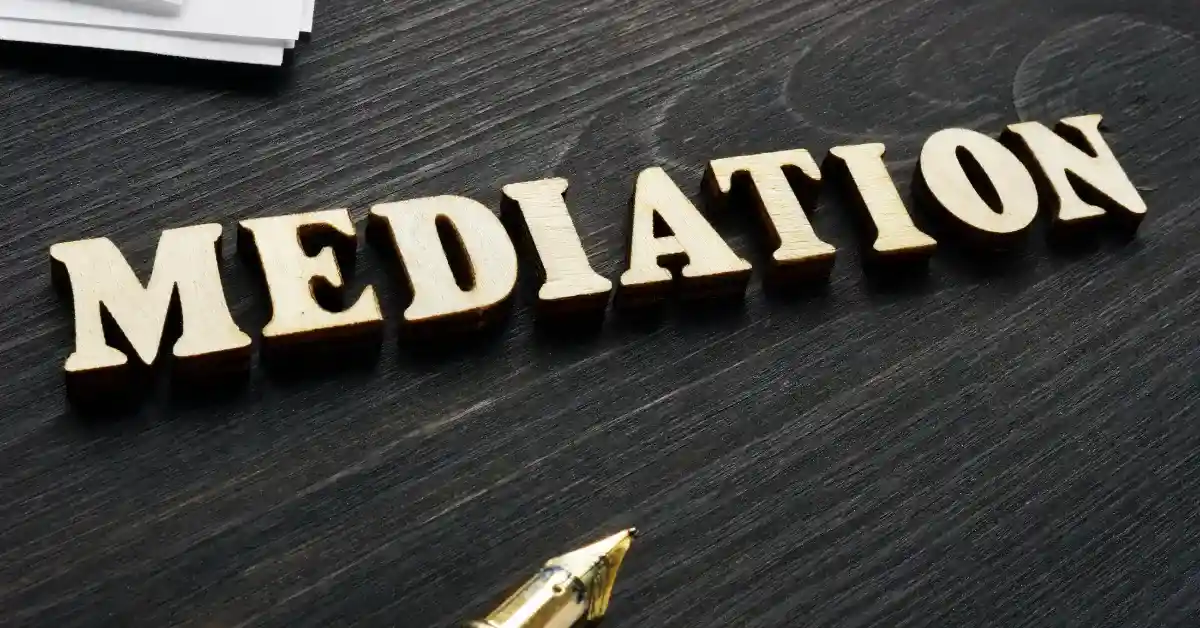
Do I Need a Lawyer for my Mediation?
Litigation focuses on resolving disputes between parties based on the respective legal rights of the parties. Generally, the parties use

Bridge Mediation uses a negotiation methodology known as interest-based or principled negotiation. This approach enables the parties to focus on resolving the problem using a structured, results-oriented process to reach mutually acceptable outcomes.





Bridge Mediation provides experienced mediators accredited by the Mediator Standards Board to deliver effective, client-focused, interest-based dispute resolution services. This enables participants to reach their own agreement with the support of a neutral third party who facilitates communication and helps guide the resolution.
The Mediator Standards Board recommends that all parties involved in a dispute and considering mediation should read a copy of the Practice Standards for Mediation. This document informs all participants in a mediation about what they can expect with respect to the mediation process and the mediator
Note: The MSB is in the process of transitioning to the Australian Mediation and dispute Resolution Accreditation Standards (AMDRAS) board.
I retained Chris to assist in resolving a seemingly implacable “disharmony” between two valued employees that was significantly impacting my office in Sydney. He saw each employee alone and then had a third meeting with both of them. The change was extraordinary, not only was “peace” brought to the office but they became the best of friends and remain so. On this one episode alone I would unreservedly recommend Chris.
I needed a mediator so I googled “I need a mediator“. I was put onto Chris from Bridge Mediation .Chris was so helpful and fair and explained how everything worked. If you need a mediator I recommend Bridge Mediation.
Thank you for your facilitation services in what has been a very difficult situation. We can now see the positive progress we are making. Your calm, respectful, considerate and very professional manner was like a breath of fresh air at the meeting and most welcome.

Litigation focuses on resolving disputes between parties based on the respective legal rights of the parties. Generally, the parties use

Business disputes are an unfortunate reality for many companies. However, if they are not resolved quickly, then these disputes can

Running a business is challenging, especially when disputes arise. These disputes may significantly impact the business and cost money and
Phone: 1300 963 977
Email: info@bridgemediation.com.au